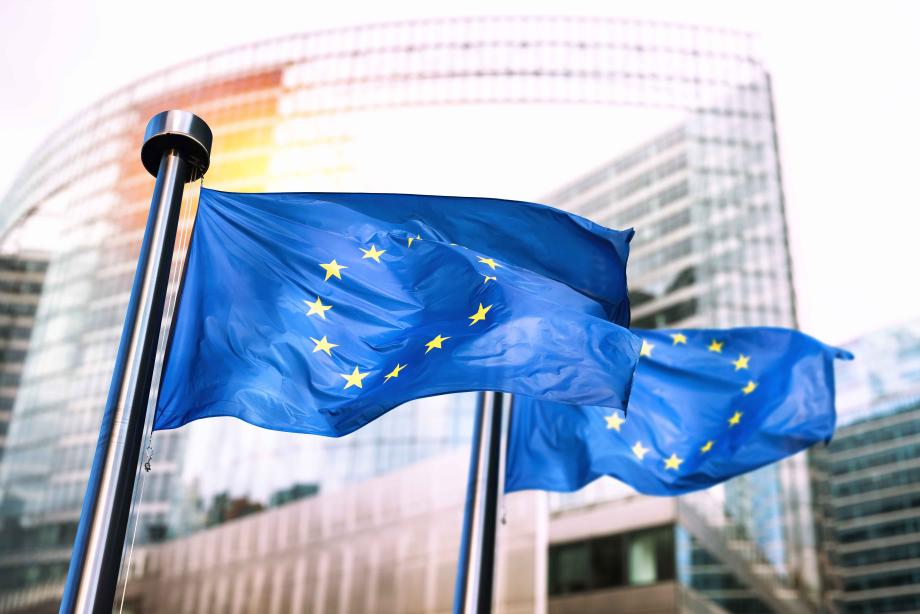GLOBSEC Eastern Neighbourhood Initiative How to speed up the integration of Moldova, Georgia and Ukraine with the EU?

With a prolonged war at the EU’s borders, there is a high risk that the Eastern Neighbourhood region will struggle. Russia is interested in keeping its political and economic influence over the region and preventing its full integration into European and Euro-Atlantic structures. There is no doubt, that for the successful economic reforms and democratization the ownership of the countries in question is crucial. At the same time, the diplomatic, financial, political and expert support of the EU to enhance these efforts plays an important role. While the CEE countries have a strong coherent position in support of the EU accession of the Eastern Neighbourhood, it is of crucial importance to expand and strengthen the pro-enlargement coalition in the EU.
In this light, GLOBSEC European Neighbourhood Initiative will aim at developing actionable and practical policy recommendations on what Moldova, Georgia and Ukraine and other countries of the Eastern Neighbourhood could do to prepare their future accession into the EU. This will be done through a structured dialogue among a high-level group, including decision-makers, officials, experts, and think tanks. The initiative will focus on three main aspects:
- Resisting Russian hostile actions: what the EU can practically do to assist political, military and socio-economic systems of countries in the Eastern Neighbourhood?
- Reforming economies and political systems: what countries on their path towards the EU should carry out to enhance their preparedness for joining the EU?
- Preparing the EU for the enlargement: what the EU could do achieve the finalité of the enlargement of the EU and be a constructive player in the neighbourhood region? What the EU could offer to the region and how to work with the countries (i.e. Belarus) which pursue other geopolitical goals?
The added value of the initiative will be threefold:
- Shaping consensus and design of action points based on multistakeholder and multinational approach
- Independent reflection process with actionable outcomes that complements the strategic reflections taking place in the national and EU capitals
- Increasing coherence between the EU foreign policy and foreign policies of the Eastern Neighborhood countries